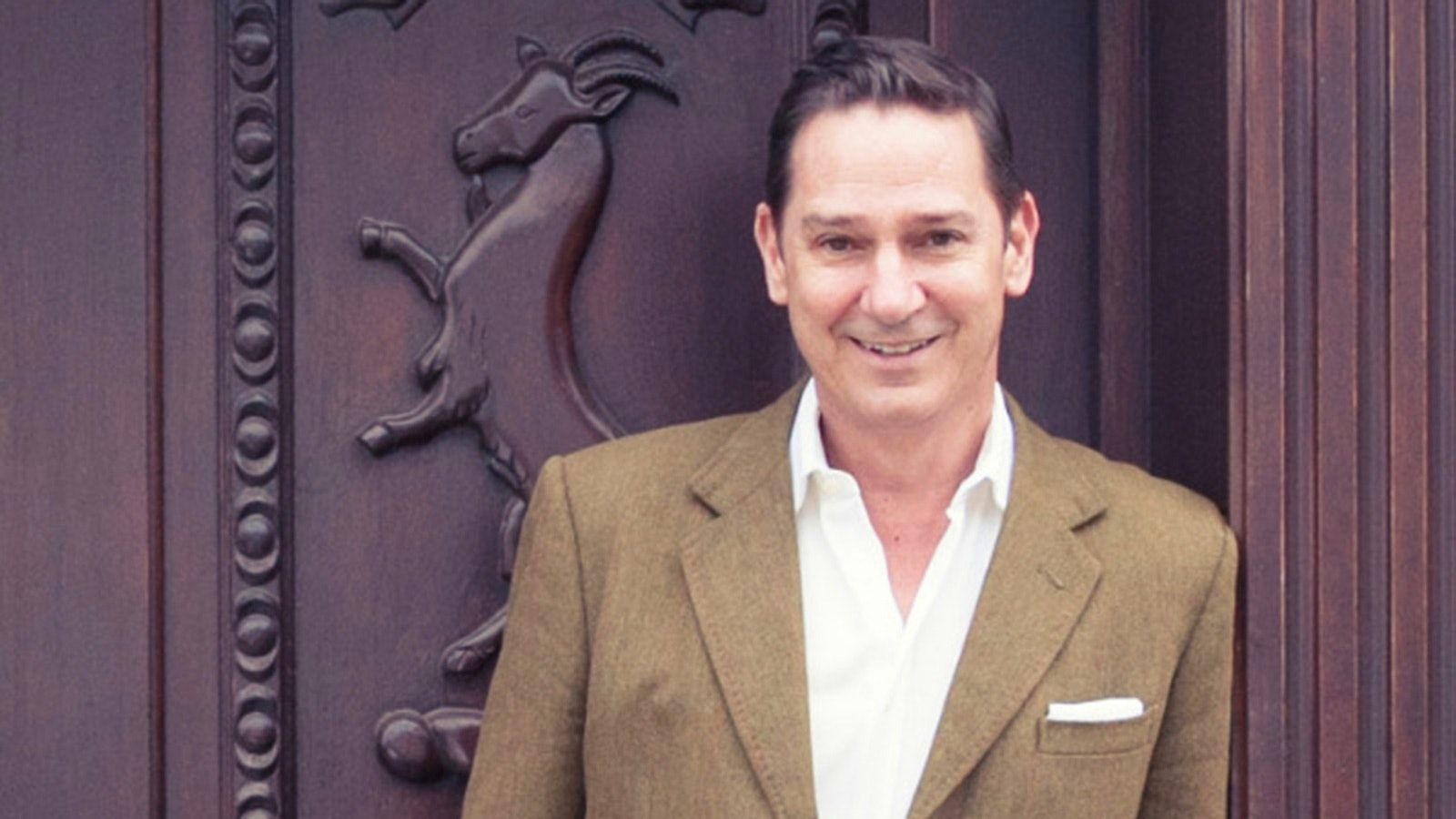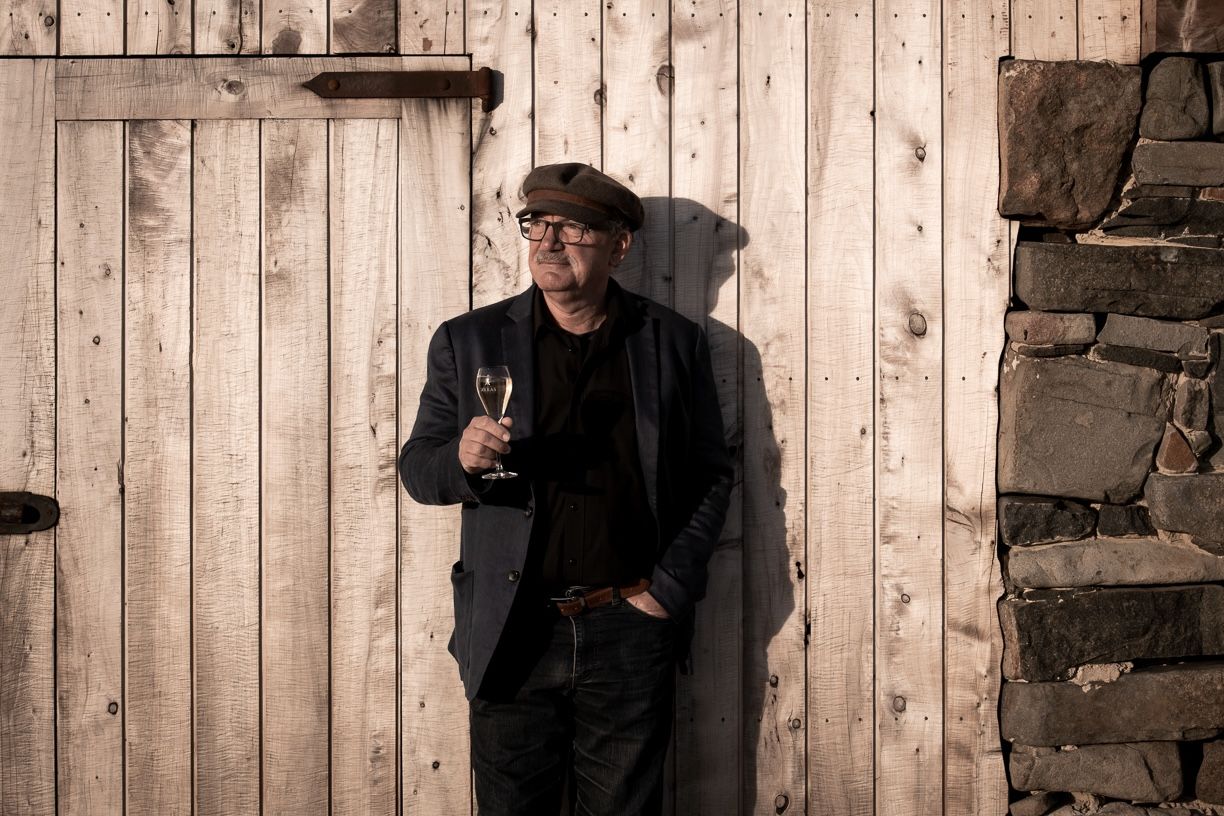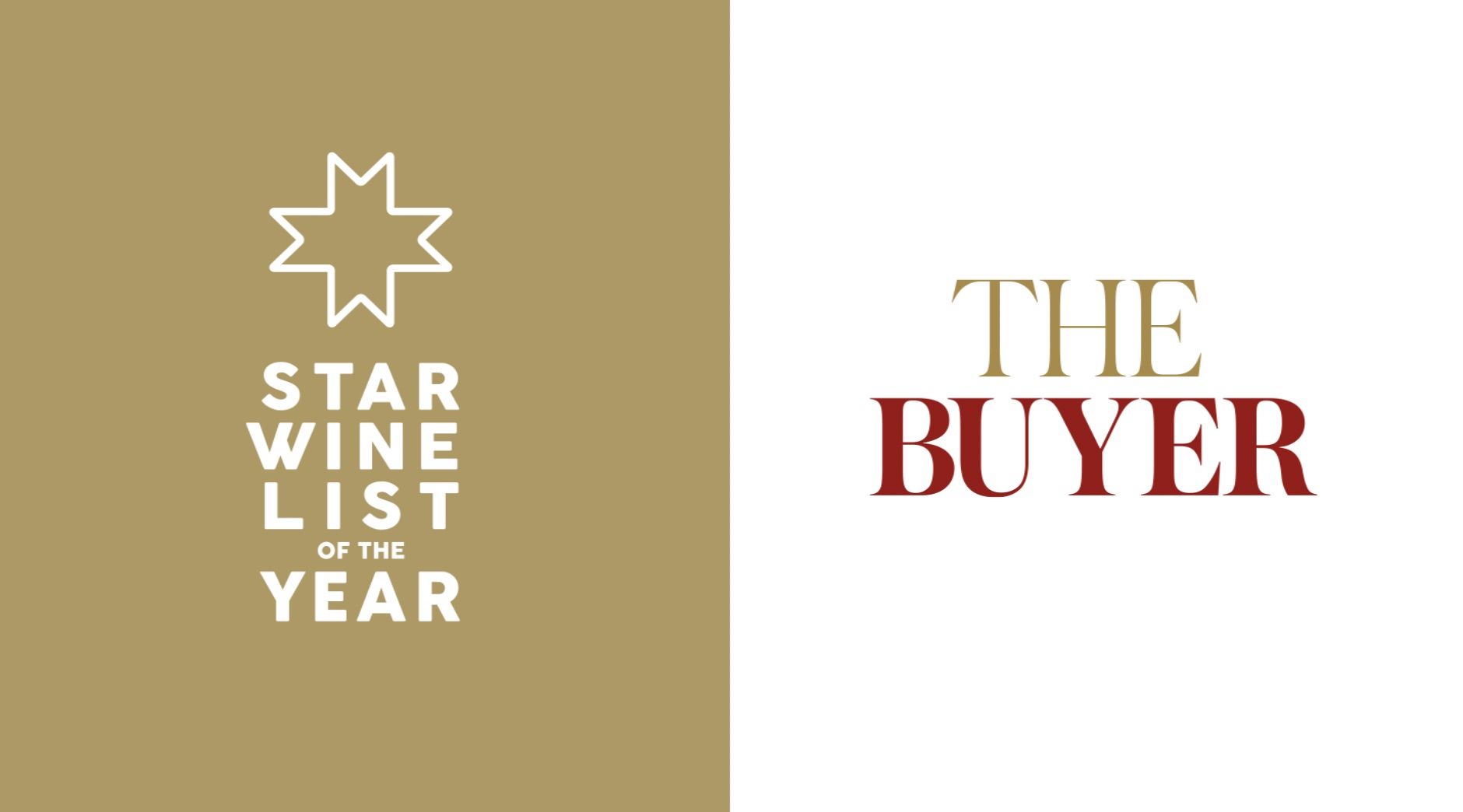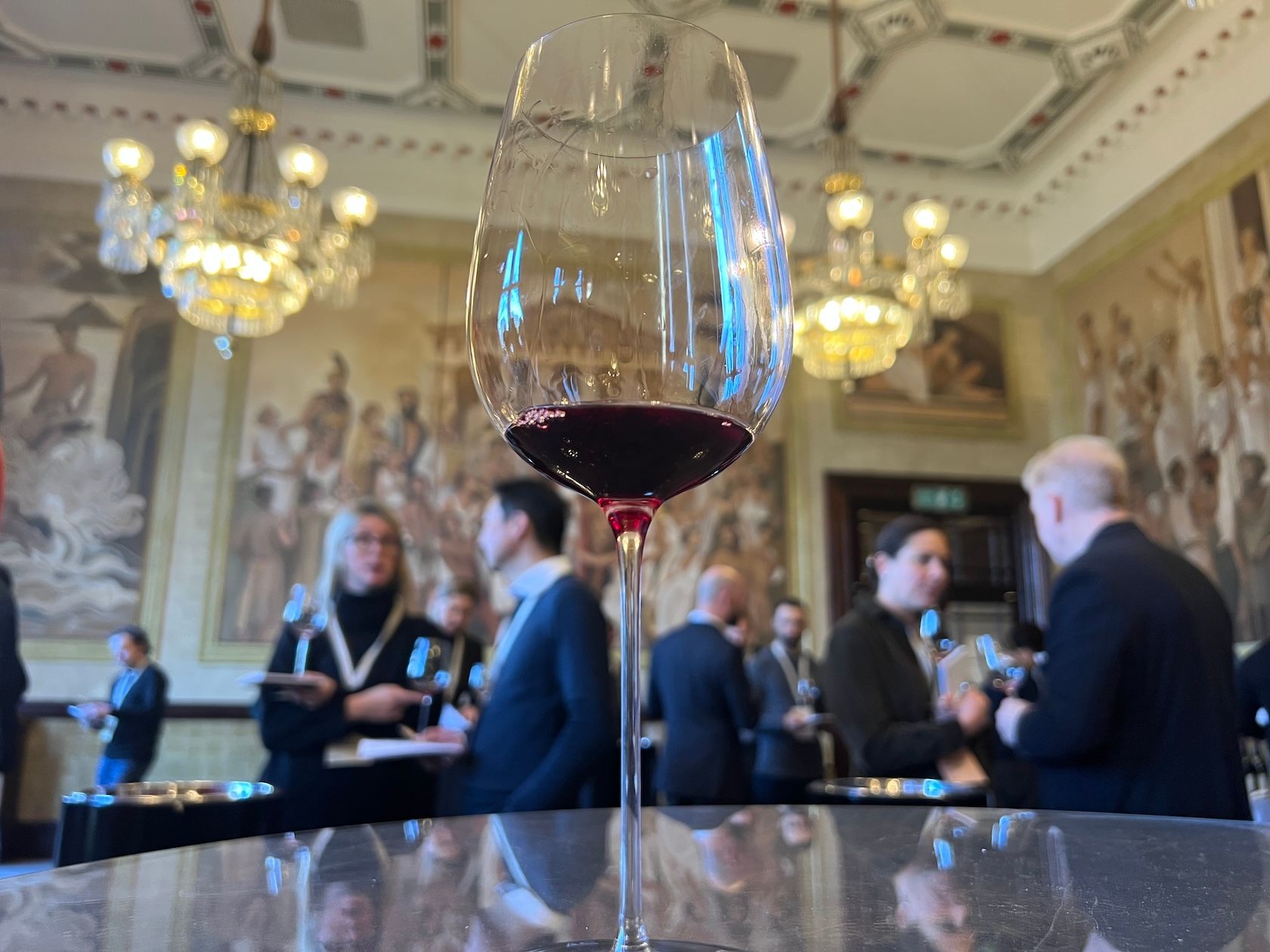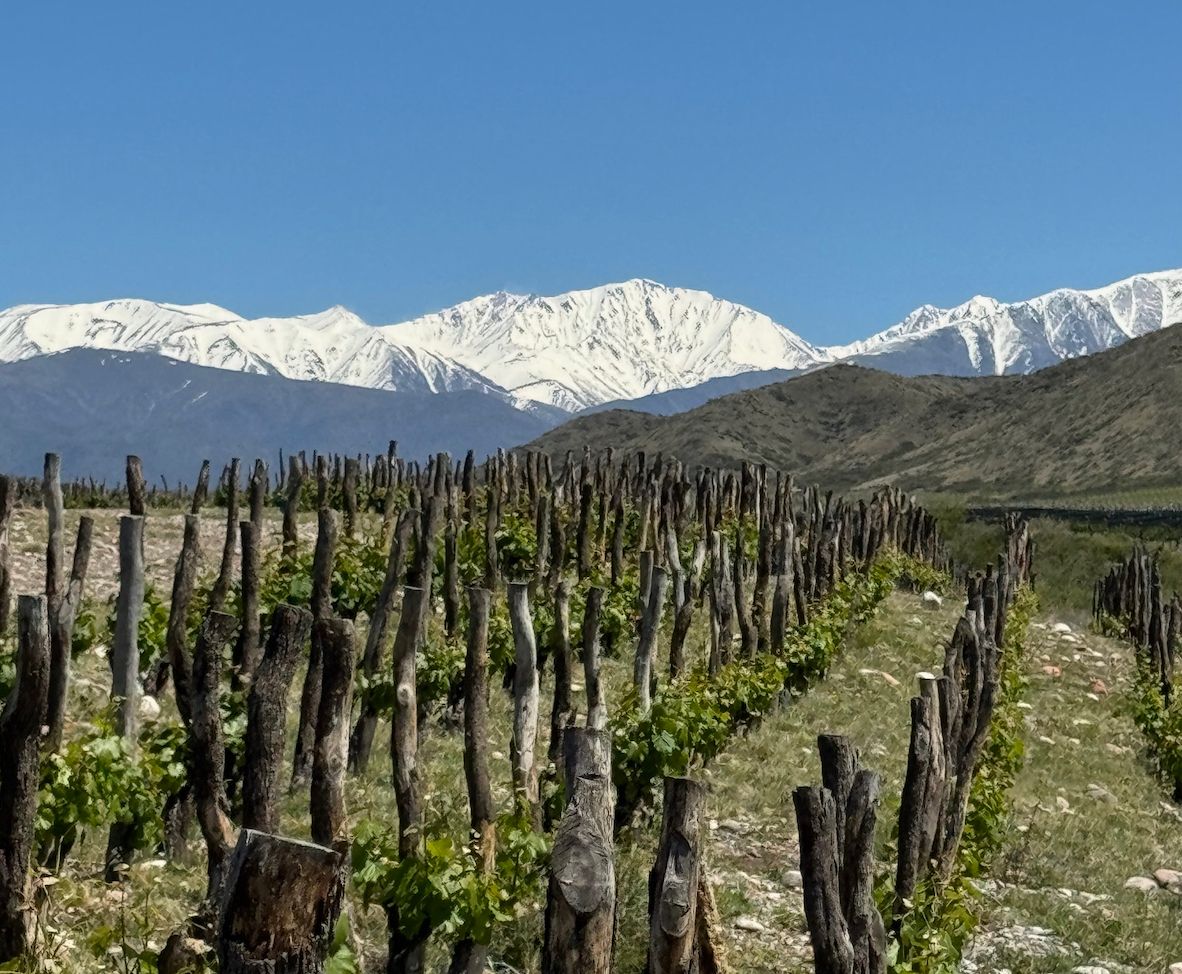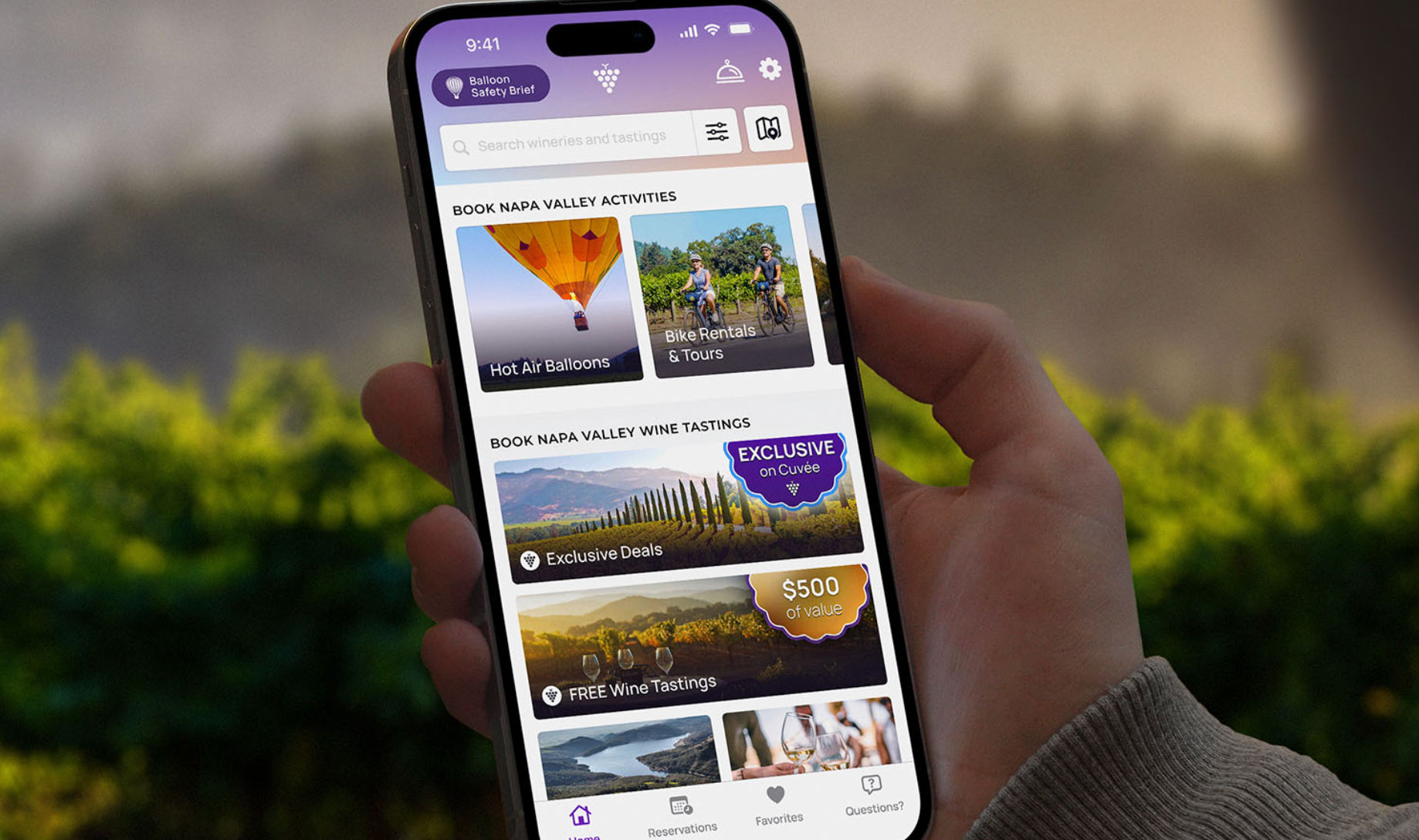“Don’t rely on tourism and tasting room sales – high margin or not. Build your world market and your brand beyond the high margin local path of least resistance. Do more of what you do best and stop doing the rest,” says Anthony Hamilton Russell on some of the lessons learned.
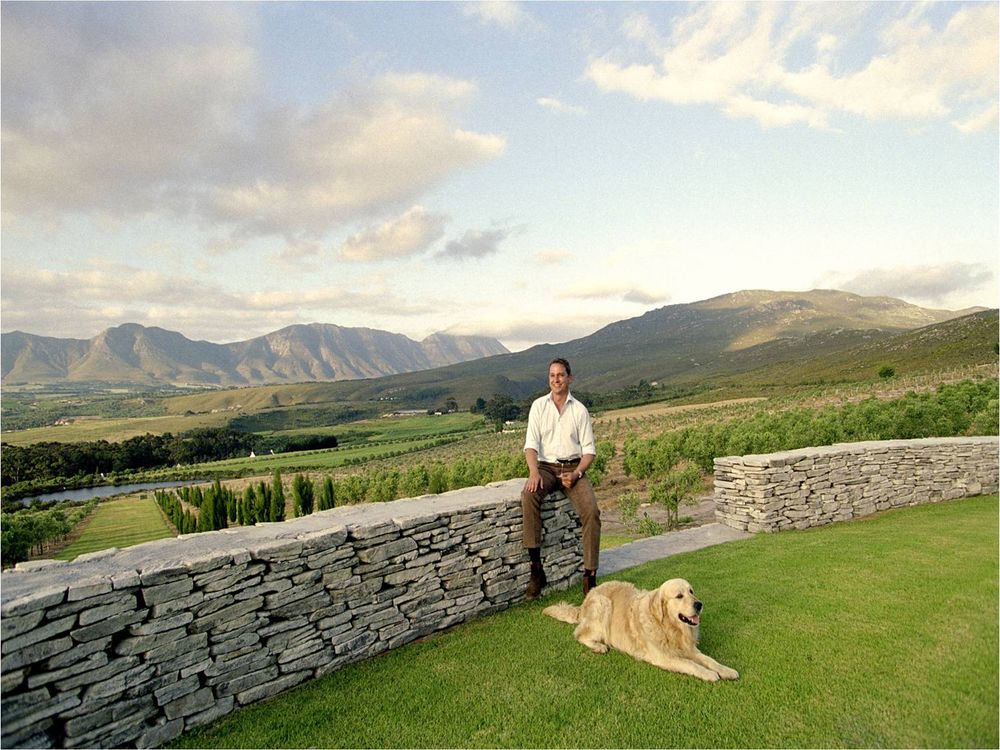
Anthony Hamilton Russell
Hamilton Russell Vineyards were the first winemakers to grow vines in the cool, maritime region of the Hemel-en-Aarde Valley. Pinot Noir and Chardonnay – both rare varieties at the time for South Africa – were planted on previously uncultivated soil in 1976 by Tim Hamilton Russell. 1994 saw Anthony Hamilton Russell take ownership and, ever since, he has been researching the soil, slowly expanding the estate, and introducing biodynamic practices.
Peter Dean: How has life been for the past 18 months?
Anthony Hamilton Russell: Things have been particularly difficult for South African wine producers and their staff – and even worse for our hospitality and restaurant customers. Repeated bans on selling wine and any alcohol in South Africa – and even a short ban on transporting wine for export – have left many producers with a lot of unsold wine and finances strained to breaking point. This has resulted in many lay-offs in a country with an already extremely high level of unemployment. Despite our industry’s renowned resilience, it will take a while to recover.
How has the pandemic affected your winery?
Our team feels incredibly lucky to have well-developed export markets and international brand recognition. We have never relied on direct sales from our tasting room and would never consider a restaurant on our property. We see ourselves as wine producers for the world, not wine retailers. And we don’t see ourselves as being in restaurants or tourism either.
Any wine we couldn’t sell in South Africa was gratefully received in several of our export markets. We have UK consumers to thank for their support and enthusiastic wine consumption during the pandemic – along with many others.
We have managed so far to keep all our staff on full salary – even those whose only job is to sell our wines locally. We also managed to fund local feeding schemes for the unemployed and keep our pre-school for the less privileged in the area fully functioning. It has helped that our currency has remained weak and that interest rates have remained low for South Africa. This was not the case after the 2008 financial crisis, which also hit our industry hard.
Has life returned to normal yet?
Not really. Another total alcohol ban was lifted yesterday, which is good news, but tourism hasn’t returned to anything like normality and restaurants are still constrained by a curfew and capacity regulations. Large scale discounting is also making things difficult. Travel restrictions make it nearly impossible for South African producers to visit their key markets.
What has been the hardest thing about adapting to the ‘new normal’?
Uncertainty is uncomfortable at the best of times, although wine producers are fairly used to it. For us, the inability to travel freely has been the hardest thing. Brand goodwill only lasts for a while, and market visits are essential. It is hard to sell to the world without interacting with the world.
Has anything good come out of it? If so what?
Many things, surprisingly, although it is hard to celebrate them midst all the suffering.
We have had the time to focus on many improvements in distribution, communication, our cellar and our vineyards. We have also been able to use Zoom, Microsoft Teams and IG Live tastings to great effect. With distributor sales teams and consumers.
It has been wonderful working from home and a real privilege to spend so much time through the seasons on our property.
I think our industry will eventually emerge from this pandemic stronger. Less wine and better wine. More area varietal focus and concentration on only the “winners” in a range. Less reliance on our small local market and more international market development.
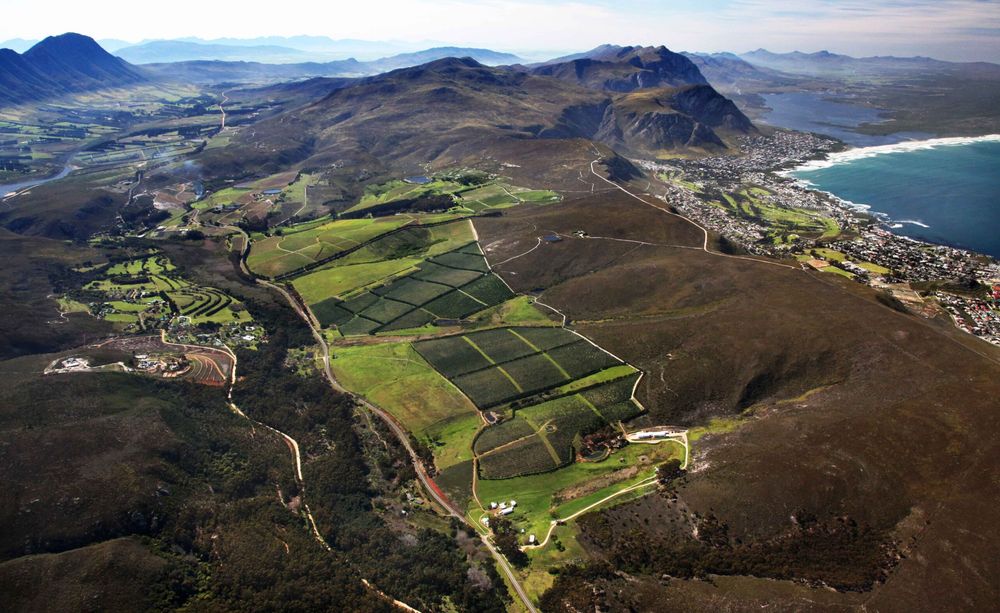
The site Tim Hamilton Russell chose in the 1970s is behind the old fishing village of Hermanus
What lessons do you think have been learned in the past 18 months?
For the industry: Don’t rely on tourism and tasting room sales – high margin or not. Build your world market and your brand beyond the high margin local path of least resistance. Do more of what you do best and stop doing the rest. Segment the world horizontally, not your local market vertically.
Has it led to anything new in the pipeline? Cuvées, varietals, styles etc?
We have always believed in one red and one white per property. No reserves and no second labels. Far from adding anything new, we refocused our Ashbourne property on a single red and a single white. A return to our original principle. The harder the market, the more important focus becomes. The wrong reaction is to attempt a whole lot of new things.
In terms of the effect on your winemaking – how impactful has COVID been compared to Climate Change?
Covid hasn’t had an effect on our winemaking – if anything, extra time on our property has helped us implement several improvements. Climate change has not hit our Hemel-en-Aarde area in a negative way yet. If anything, we have been getting cooler and wetter. Very close proximity to the cold Benguela current in the South Atlantic Ocean has kept things pretty stable.
What stage of the current growing cycle are you?
We are currently in full winter dormancy, enjoying a slightly belated, but excellent, winter chill. Something we can’t always take for granted being so close to the sea. We have cooler summers but also slightly warmer winters.
Is 2021 going to be a good harvest?
2021 was a truly excellent harvest in terms of quality. Possibly the best in my 30 years. Yields were tiny, but then they always are here.
Any particular characteristics to note?
The wines are really true to our Hamilton Russell Vineyards clay and iron-rich “monopole”. Classically styled, layered, mineral and complex, with a particular crystalline purity this year.
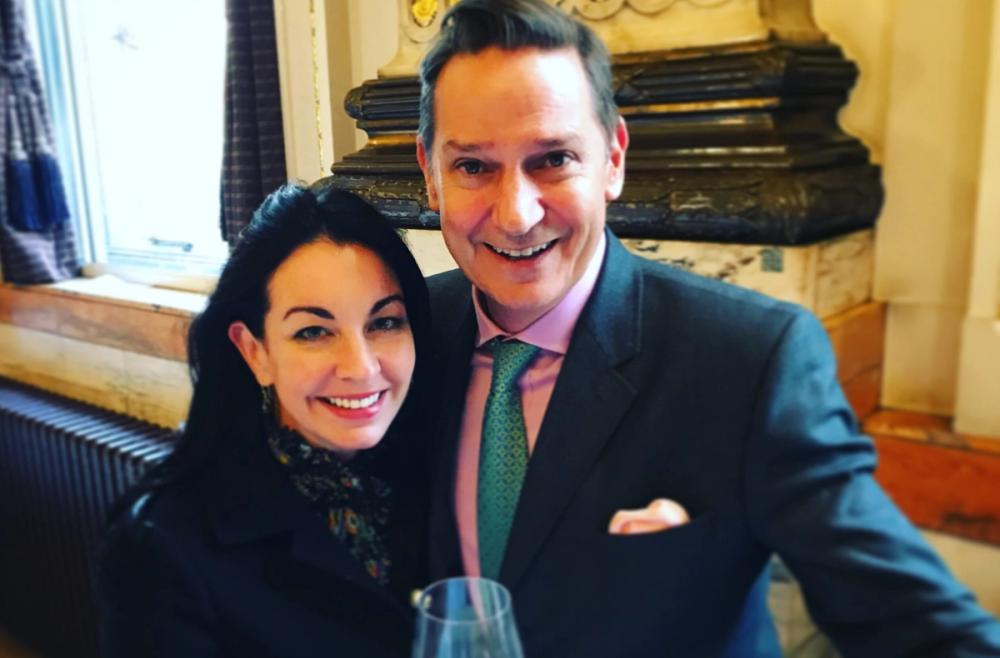
Olive and Anthony Hamilton Russell, March 2020, Mentzendorff portfolio tasting, London
How have you changed your business model over the past 18 months? (distribution channels, importers and distributors you work with?
We haven’t changed our business model as much as our temporary focus on certain areas. Retail has become particularly important to us with the severe blow restaurants have experienced during this pandemic. We have also placed extra emphasis on retailers with a developed online business
We have made and distributed videos on various topics and wine tastings for our sales staff around the world, to compensate for our inability to see them in person.
We have also appointed distributors in three new countries we always felt we would like to sell in. And of course, we increased allocations to certain markets to make up for lost South African sales.
Did you go Direct To Consumer? If so what were the lessons learned?
No, we didn’t. We are not retailers, we are producers. We did however make more available to businesses specialising in online sales to consumers. They deserve their cut of the margin for their investment, and they generally do it really well.
Are you going to continue with a different trading model moving forwards?
No we aren’t.
Have you changed which countries you are distributing to?
We have added a few countries, not because of the pandemic, but because our production – with our ongoing vineyard upgrades and re-plantings – is scheduled to increase. Wherever in the world, there is a particular wine-interested community and fine-dining community we want to be available, however small the quantities.
Has exporting to the UK changed at all – is it logistically more difficult and if so – are other countries more attractive/ profitable?
Logistics have been difficult, with delays at the ports and delays in receiving bottles and other packaging material (for example). But they haven’t been insurmountable. We have simply been shipping more to the UK to satisfy demand. Thank you trade and consumers!
The UK’s profitability has been up there with our other markets, so I wouldn’t say any other market is more attractive. The UK has always been of great emotional importance to us given that success there has a positive effect on other markets. You have more wine writers, and critics (communicating in English) per square inch than anyone else and your fine wine trade has global reach and respect.
The wines of Hamilton Russell Vineyards are imported into the UK and distributed by Mentzendorff, which is a partner of The Buyer. To read more about them click here.
